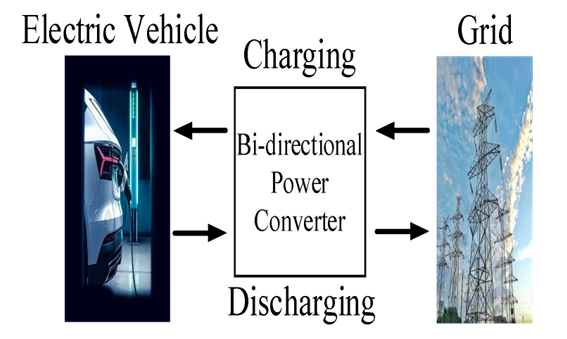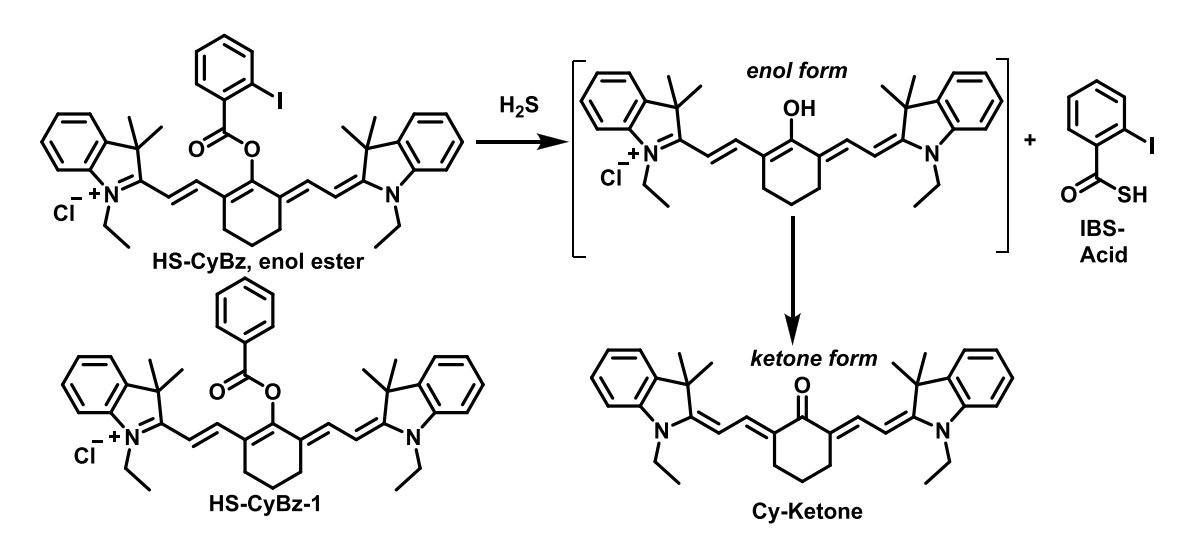Volume 180
Published on August 2025Volume title: Proceedings of CONF-MCEE 2026 Symposium: Advances in Sustainable Aviation and Aerospace Vehicle Automation

As the proportion of Renewable Energy (RE) in the power system continues to increase and the number of Electric Vehicles (EVs) also grows year by year, the coordinated optimization of the two has become the key to enhancing the flexibility and stability of the power grid.Vehicle-to-Grid (V2G) technology, by enabling bidirectional energy exchange between electric vehicles and the power grid, provides an effective regulatory means to address the intermittency and volatility of renewable energy generation and is reshaping the operation mode of the power system.This article introduces the basic principles of V2G technology, the definition and types of RE, analyzes the existing collaborative mechanisms from three aspects: technology, market, policy and standard support, elaborates on the benefits that can be generated through the collaboration of the two, and discusses the challenges currently faced by the collaboration of V2G and RE in terms of user acceptance and battery life. Finally, the prospects for technological reform were made and the future research directions were pointed out.

 View pdf
View pdf



Photoacoustic (PA) imaging relies on molecular systems with strong light absorption and efficient photothermal conversion. In this study, we performed DFT and TD-DFT calculations to investigate how electron-donating and electron-withdrawing substituents influence the photophysical properties of HS-CyBz-based probes. While these substituents modulate the excitation energies of both the thiol-containing reactant and the deprotected product, our results indicate that such a change alone does not significantly enhance the PA signal. These findings suggest that substituent modification is not an effective strategy for optimizing photoacoustic response. Instead, maximizing the difference in π-conjugation between the reactant and product is a more promising design approach for developing efficient PA probes.

 View pdf
View pdf



With rapid urbanization, many low-rise residential buildings and certain indoor spaces suffer from inadequate natural lighting, relying heavily on artificial illumination. This dependence leads to increased energy consumption and potential exposure to harmful ultraviolet radiation. Existing indoor lighting systems typically use fixed light sources with limited adjustment capabilities, resulting in inefficient use of natural light and lacking ultraviolet filtration, which poses both energy and health challenges. To address these issues, this study proposes the "Medusozoa" intelligent solar energy utilization system, which achieves indoor natural lighting through efficient light collection, intelligent sunlight tracking, ultraviolet filtration, and optical fiber conduction technologies. The system employs a light sensor, an Arduino microcontroller, and a servo motor to track the sun's angle in real time, maximizing sunlight collection. It filters out harmful ultraviolet light and efficiently channels the filtered light indoors through optical fibers, significantly enhancing energy efficiency while ensuring health and safety.

 View pdf
View pdf



